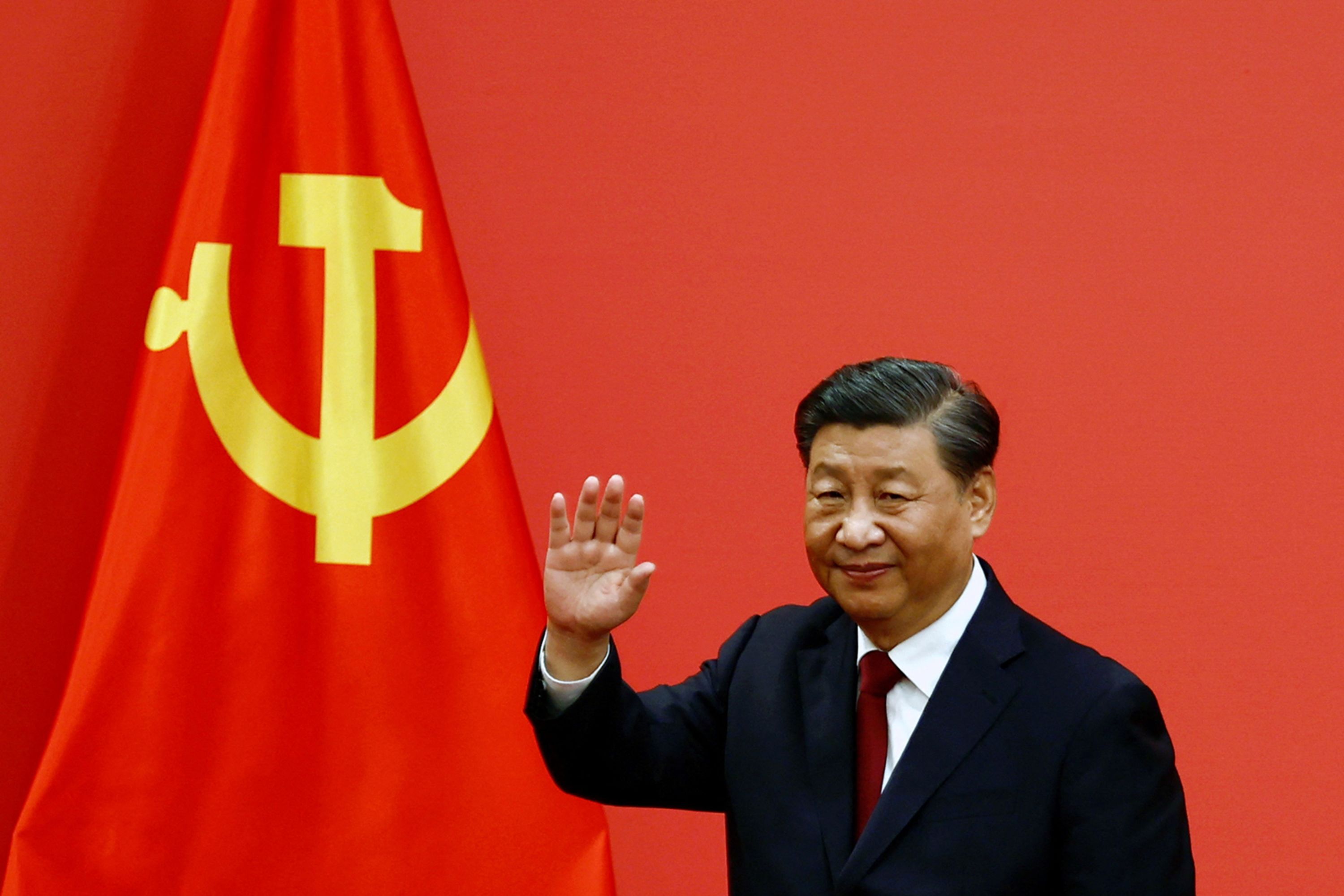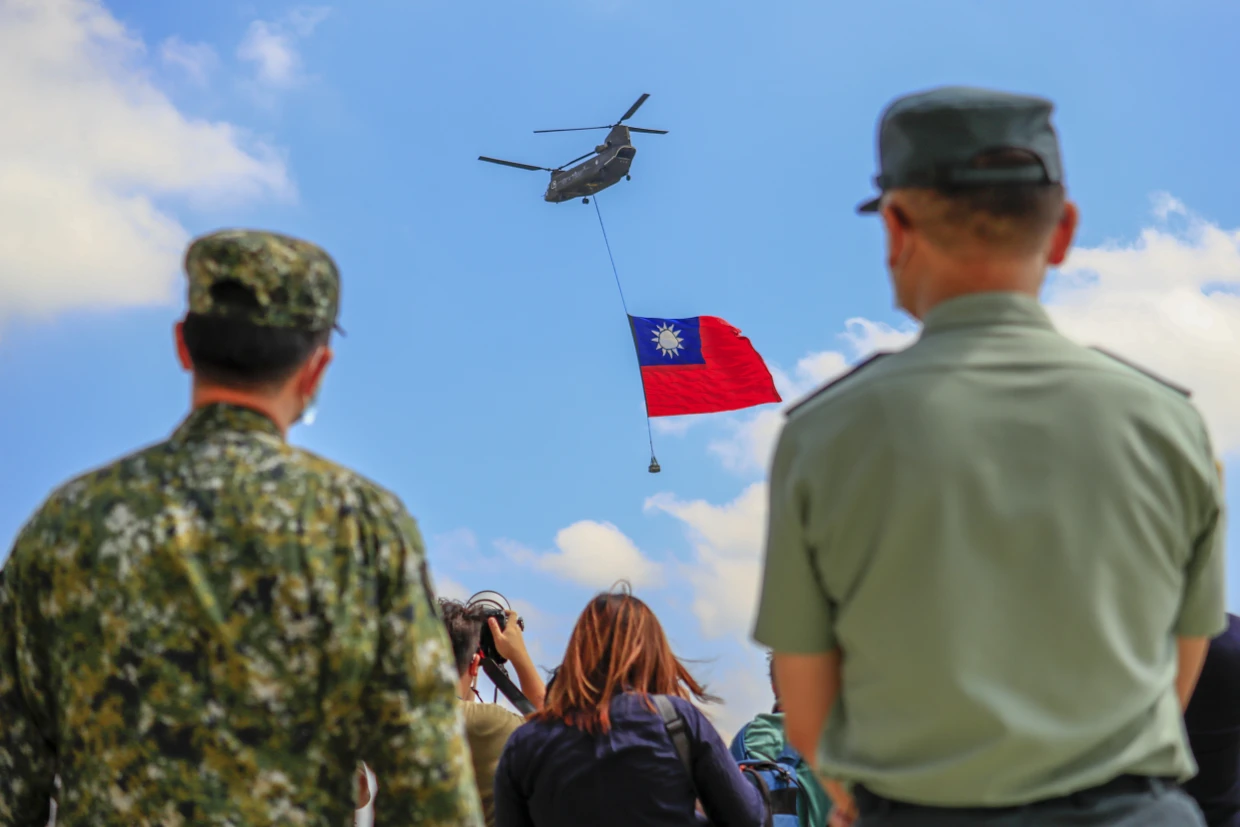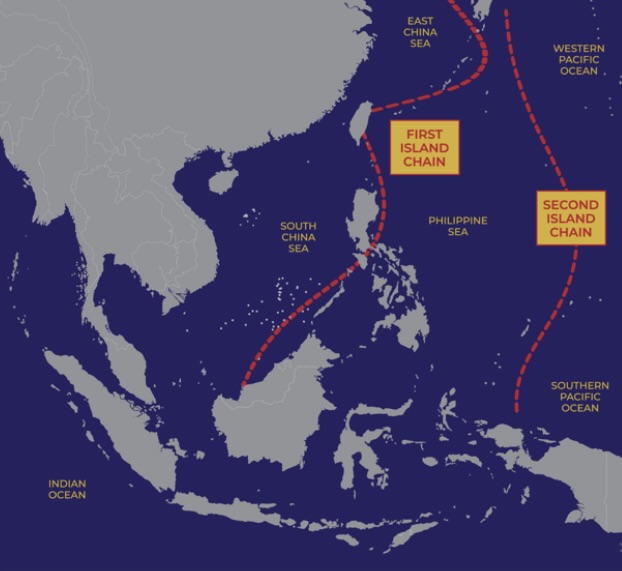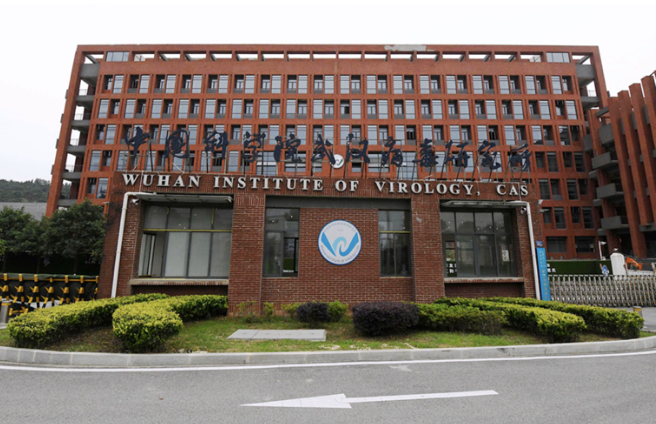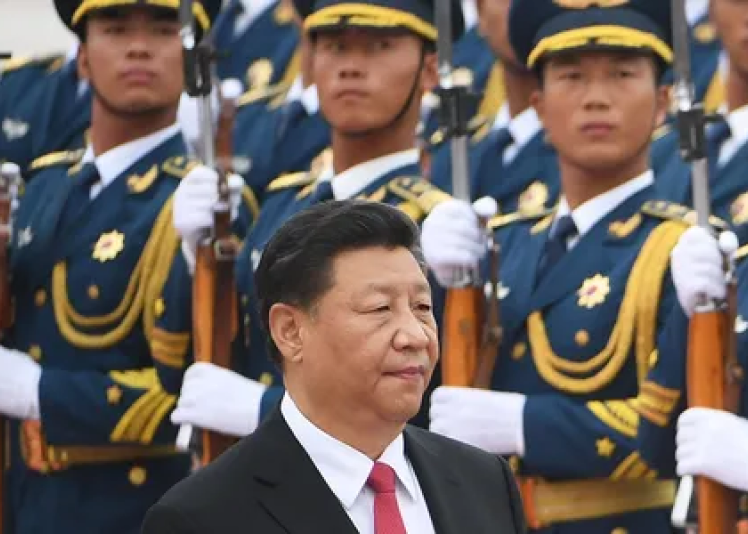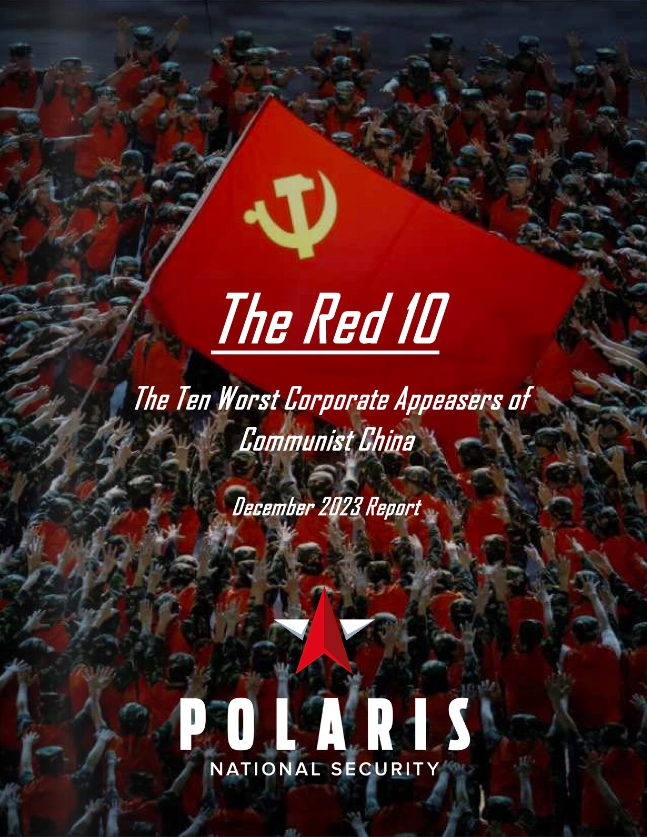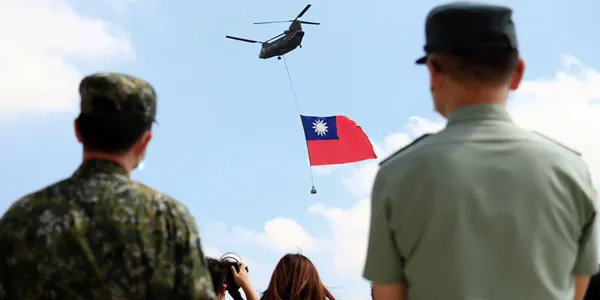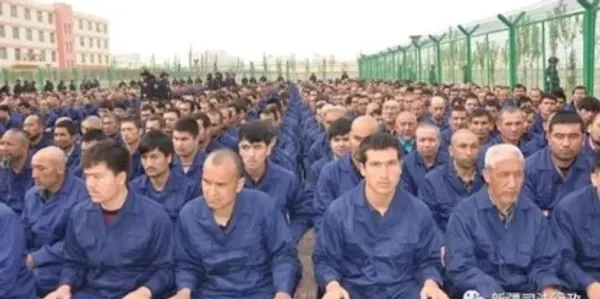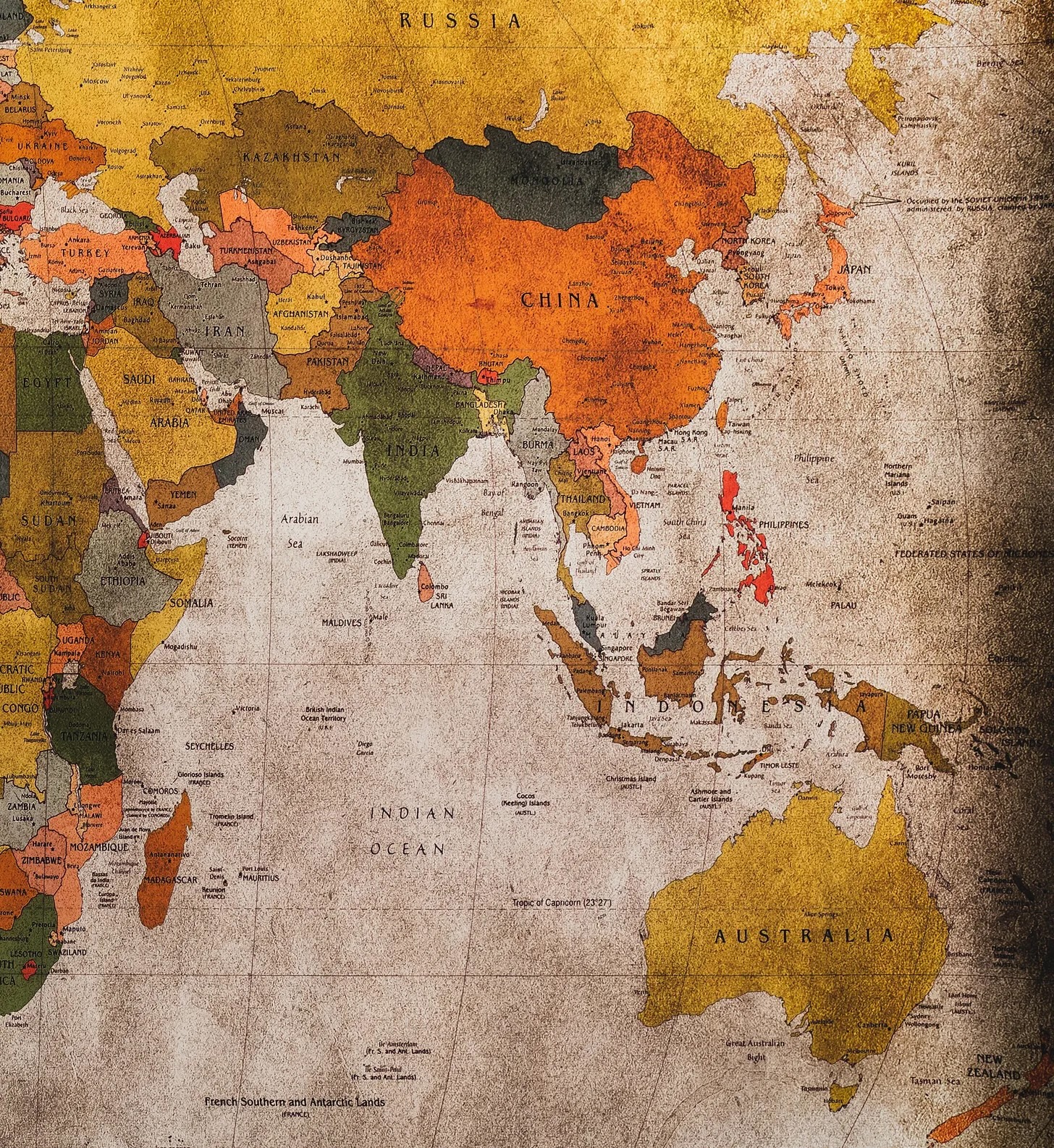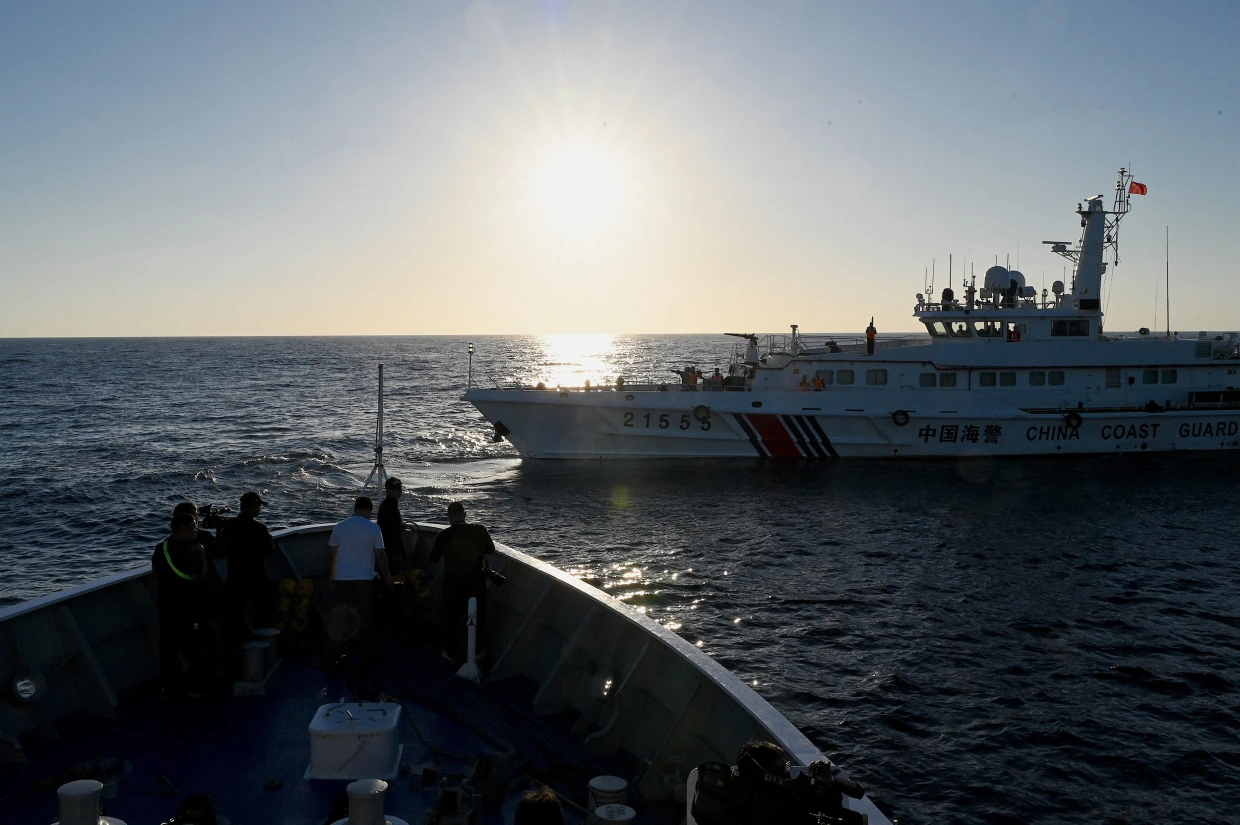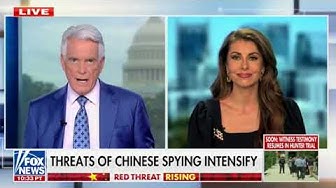China is threatening to seize control of part of the Philippines, a U.S. defense treaty ally. The Second Thomas Shoal is to the Asia-Pacific what Crimea was to Europe: a canary in the coal mine. If we don’t stand up here, Beijing will act more aggressively later.
What is the Second Thomas Shoal?
- The Second Thomas Shoal is a submerged reef in the Spratly Islands, an archipelago belonging to the Philippines according to an international Arbitral Tribunal, but illegally claimed by China.
- The Philippines grounded a military ship, the Sierra Madre, on the Second Thomas Shoal in 1999 to reinforce their sovereignty claims over the area. The Philippines maintains marines on the ship to demonstrate it is an active military site. President Biden has declared the ship falls under the U.S.-Philippines Mutual Defense Treaty, signed in 1951.
- Since 1999, the Philippines has conducted scheduled “rotation and resupply” missions to transport provisions and rotate military personnel to and from the makeshift outpost.
- Starting in 2013, China has positioned a coast guard patrol to provoke the Philippine missions as they resupply the ship, and frequently prevents the Philippines from resupplying marines.
- In 2014, China embarked in a full-scale blockade of the Sierra Madre for three weeks, forcing the Philippines to airdrop supplies.
- Starting in 2022, Chinese coast guard and militia vessels ramped up efforts to impede resupply missions, frequently gathering around the shoal in larger formations and resorting to more assertive measures to obstruct ships from reaching the Sierra Madre.
- China defends these actions by alleging that the Philippines is transporting construction materials, suggesting their intention to either fortify the Sierra Madre into a permanent structure or establish a new outpost altogether on Second Thomas Shoal.
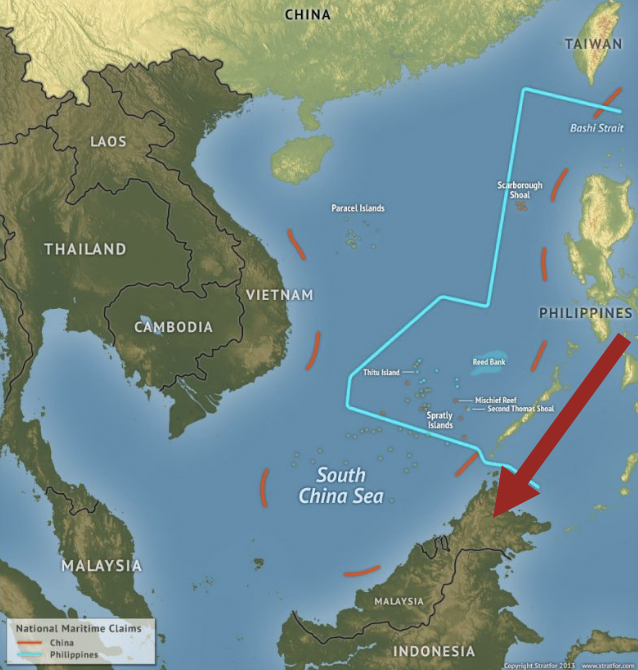
What Should the United States Do Next?
- America has a longstanding Mutual Defense Treaty with the Philippines, and we are bound to protect their territory from CCP aggression. We should publicly and privately reaffirm our commitment, as both the Trump and Biden Administrations have done.
- We shouldn’t be cowed by CCP threats. Instead, we should consider joint resupply operations with Manila and explore ways to replace the ship with a permanent outpost.
- The U.S. military should work to rebuild a military presence in the Philippines, especially at four new sites recently outlined in a joint defense cooperation agreement.
- President Biden and our national security leaders must demonstrate—through actions as well as words—that we will not let China violate the Philippines’ territorial sovereignty.
- There must be no public caveats about “minor incursions”, nor desperate offers of concessions and pleading for dialogue and phone calls. Biden already failed to deter Russia from invading Europe – he must learn from the lessons of that invasion and stand strong against China here. The PRC expects weakness: we must show strength.

